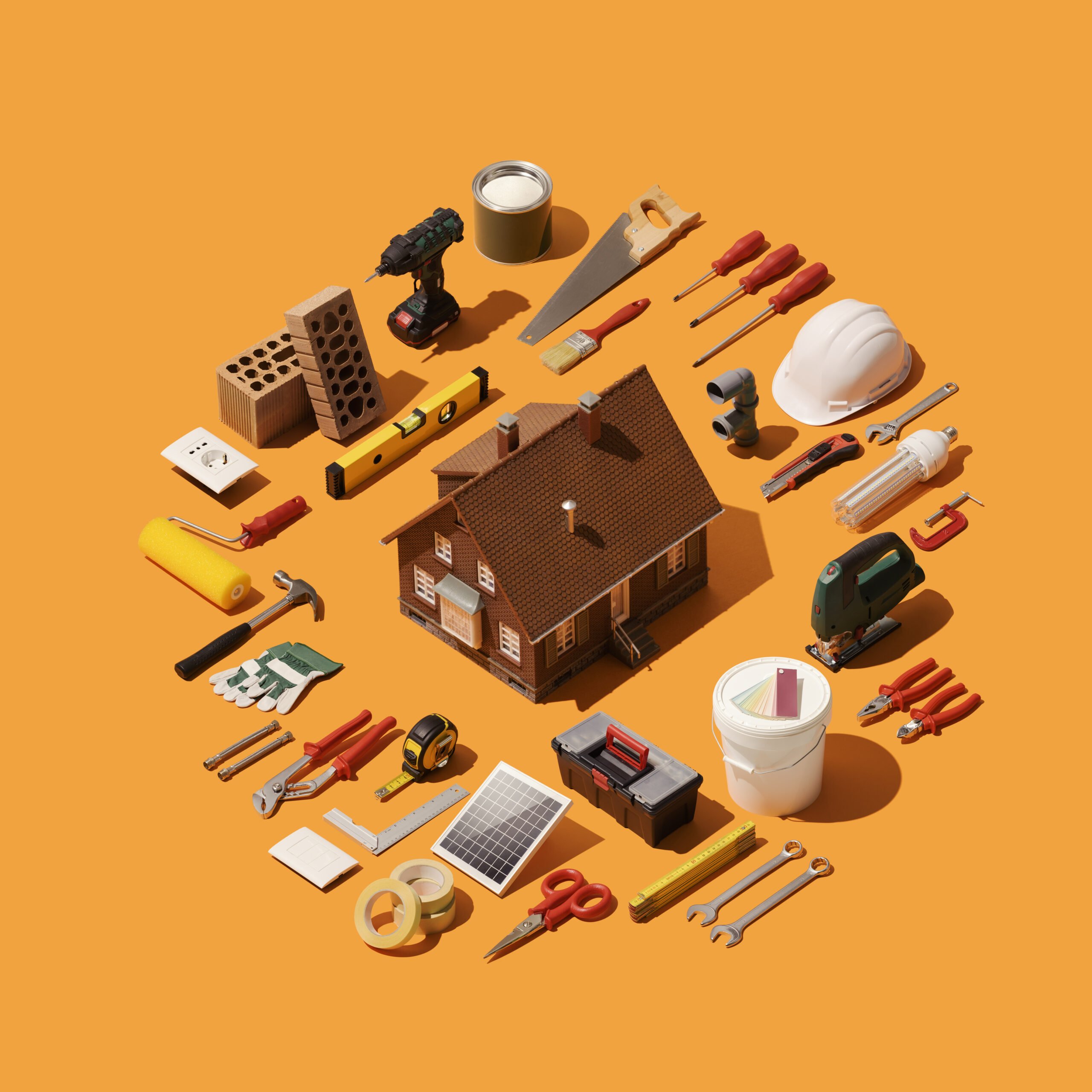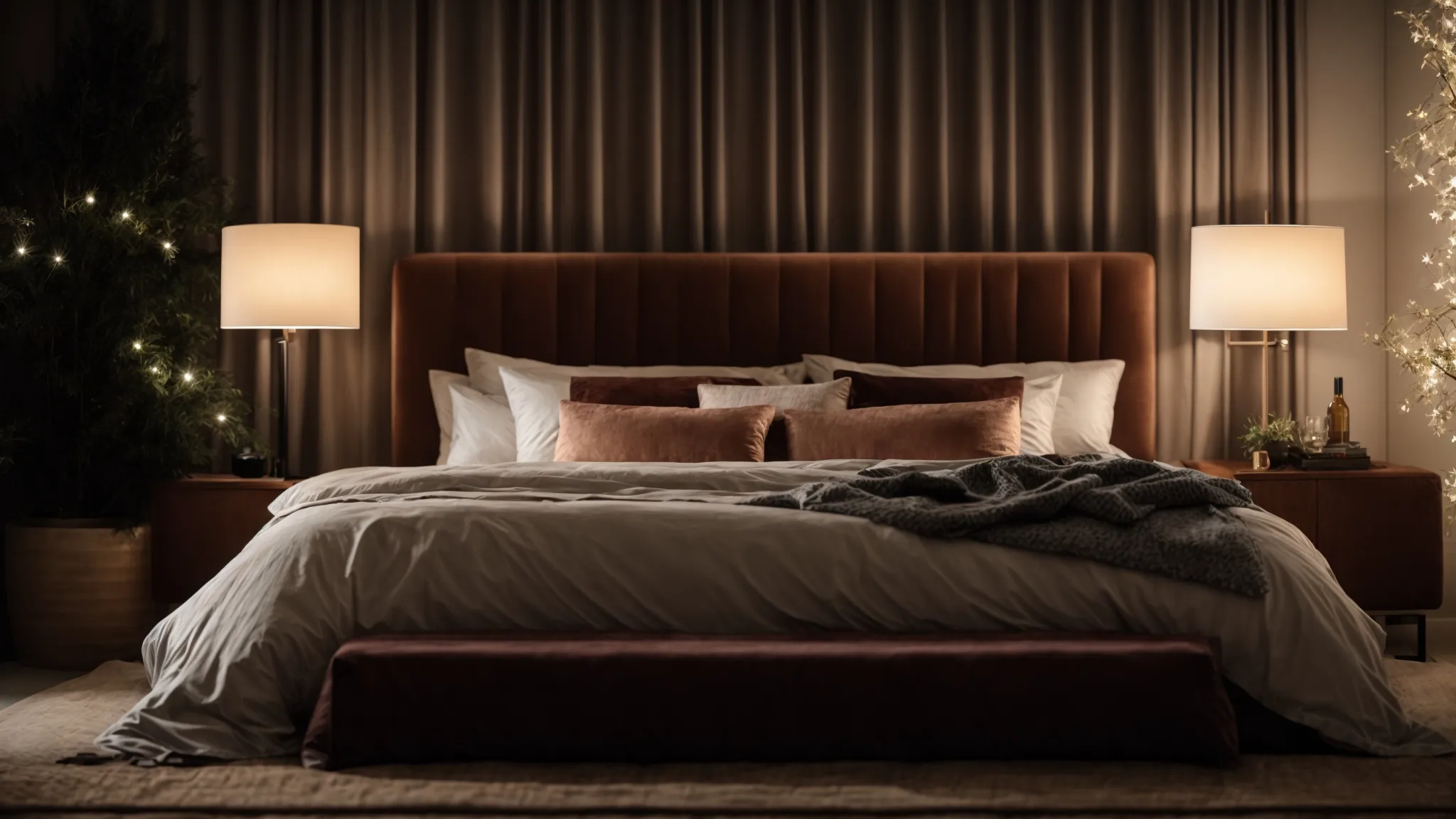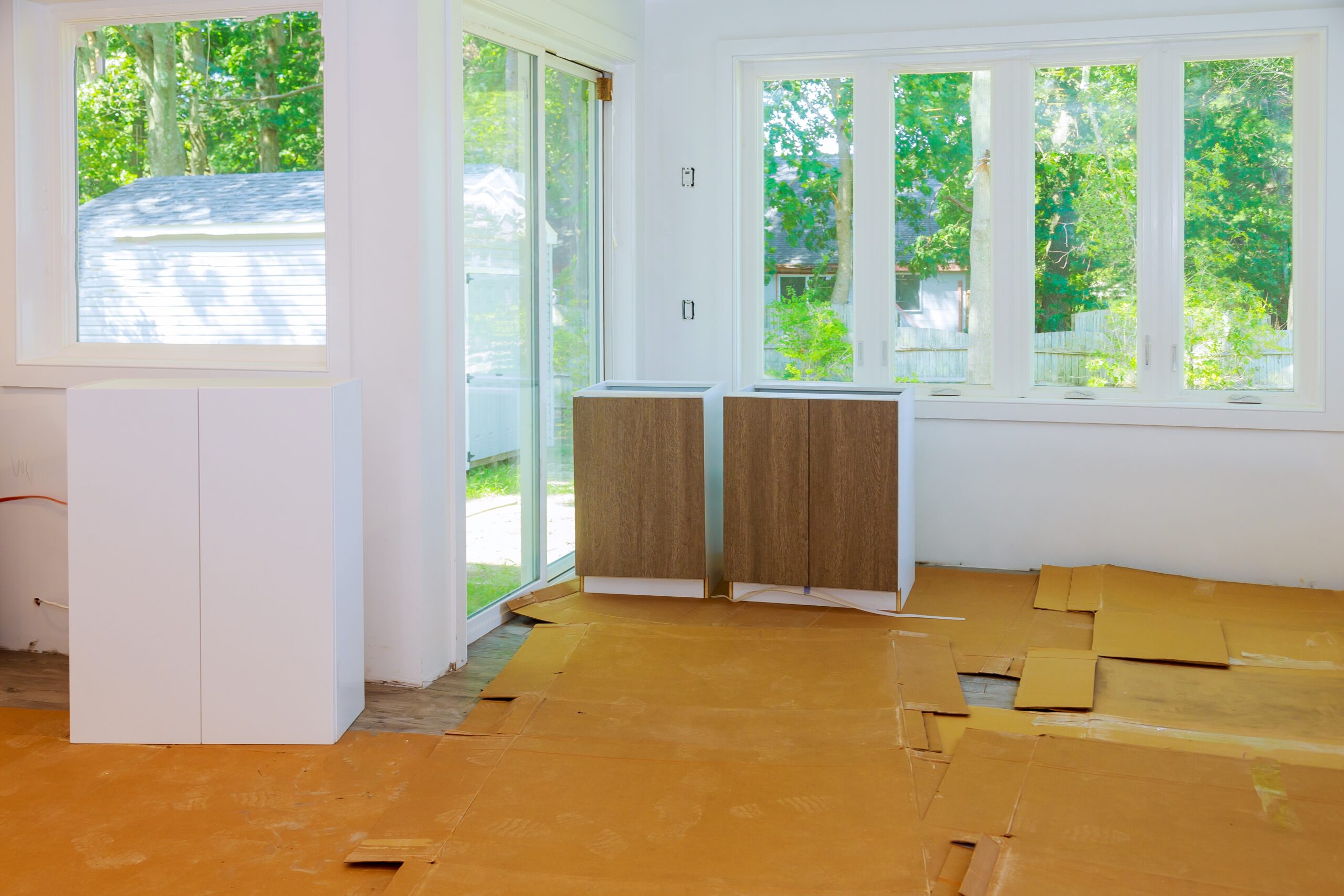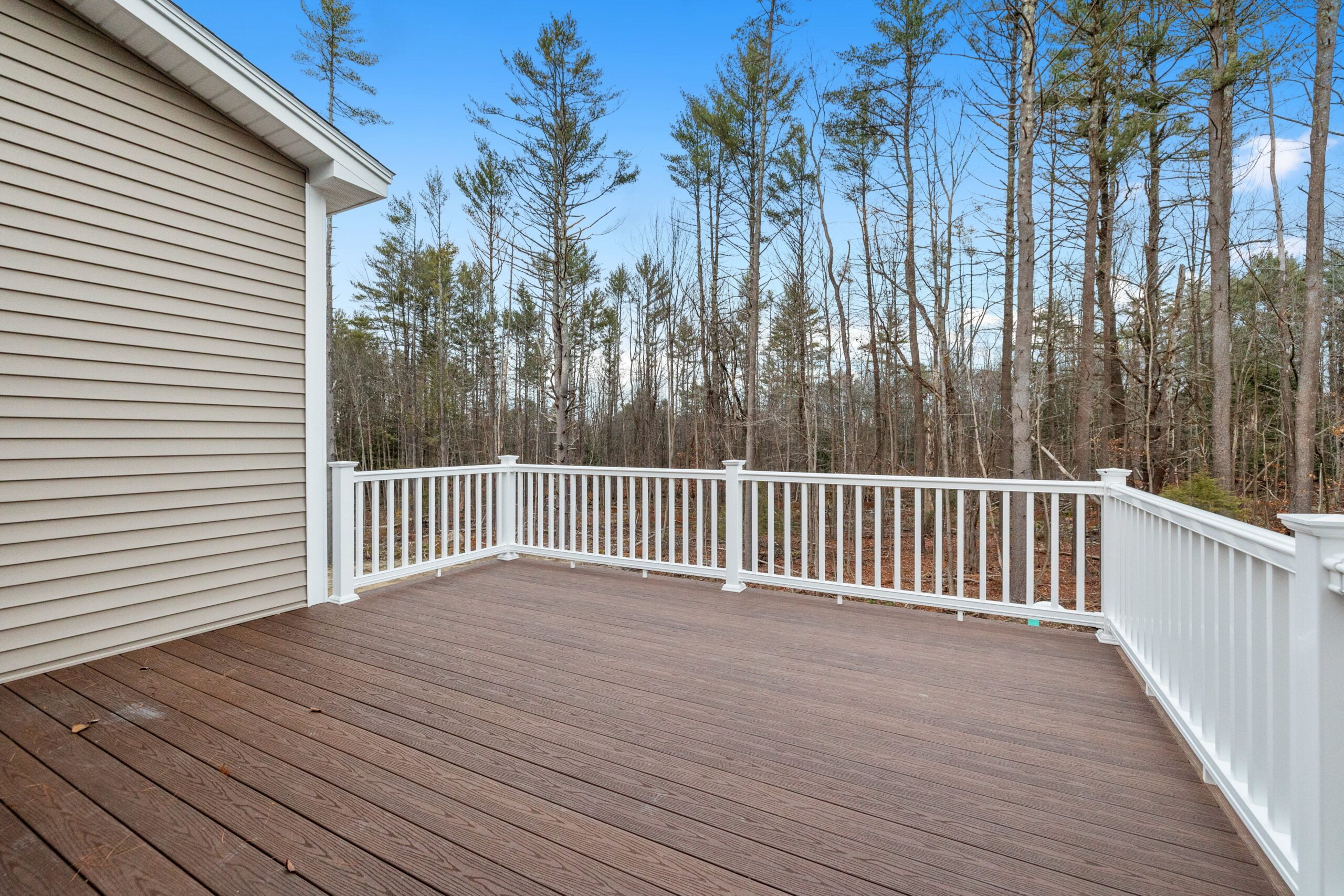Water leaks are among the most common issues homeowners face, resulting in property damage and costly repairs. In a location as unique and varied in its climate as Charleston, it’s crucial to be proactive. By understanding the underlying causes and potential areas of concern, you can substantially reduce the risk of leaks. Although professional plumbing services Charleston WV offer reliable solutions for water leak issues, there are several steps homeowners can take to prevent leaks from occurring in the first place. In this article, we delve into ways you can safeguard your home from water damage.
Understanding the Risk Factors
Before delving into preventive measures, it’s essential to grasp the risk factors that make a home susceptible to water leaks. Prolonged exposure to cold temperatures can cause pipes to freeze and burst, while aging infrastructure, deteriorating seals, and increased water pressure can also play a role. Homes in areas prone to ground shifts or those with foundational issues might experience strain on their plumbing systems, leading to leaks.
Regular Inspections Are Key
One of the most proactive steps a homeowner can take is scheduling regular plumbing inspections. A professional plumber can identify areas that are at risk for potential leaks and offer solutions to mitigate those risks. Inspecting areas like the basement, crawl spaces, and attics can reveal signs of moisture or mildew, indicating a slow leak that might go unnoticed until significant damage occurs. It’s also crucial to inspect appliances that use water, such as washing machines, dishwashers, and refrigerators, for any signs of wear or malfunction.
Insulating Pipes
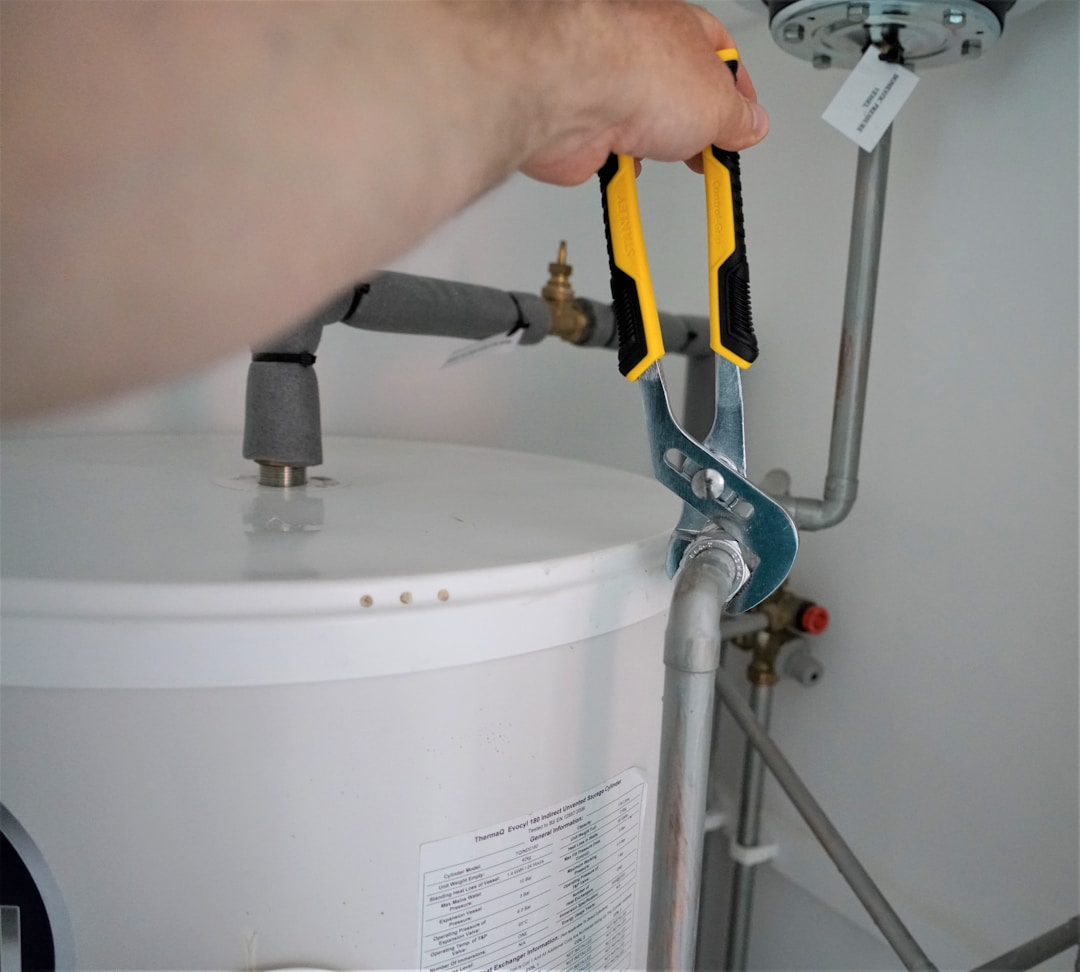
In regions where temperatures frequently drop below freezing, insulating pipes become a necessity. Uninsulated pipes, especially those in unheated areas like basements or garages, can freeze quickly. When water freezes, it expands, putting immense pressure on the pipes, causing them to burst. By insulating your pipes, you not only prevent them from freezing but also reduce the amount of heat lost, saving on energy bills in the long run.
Maintaining the Right Water Pressure
High water pressure might be great for a luxurious shower, but it can be detrimental to your home’s plumbing. Consistently high water pressure can strain your pipes and faucets, leading to small leaks that can eventually become significant problems. To ensure your water pressure remains at a safe level, consider installing a pressure gauge. If you notice the pressure is consistently too high, you might need a pressure-reducing valve to keep things in check.
Replace Aging Infrastructure
Like everything else in a home, plumbing systems have a lifespan. Older homes, in particular, might have outdated plumbing that is more susceptible to leaks. Replacing old pipes and fixtures with newer, more durable materials can drastically reduce the risk of leaks. While this might seem like a costly endeavor, it can save homeowners a lot in potential water damage repairs down the line.
Know Where Your Main Water Valve Is
While this might seem basic, many homeowners don’t know where their main water shut-off valve is located. In the event of a major leak, being able to quickly shut off the water supply can prevent extensive damage. Familiarize yourself with its location and ensure all family members know where it is and how to turn it off.
Seal Windows and Doors Properly
Water leaks are not just limited to plumbing. Rainwater can easily find its way into homes through improperly sealed windows and doors. Periodically checking the seals and ensuring they are intact can save homeowners the headache of dealing with water damage from external sources. Moreover, proper sealing can also lead to energy savings by preventing cold drafts in the winter and hot air in the summer.
Landscaping Matters
Improper landscaping or changes in the topography around a home can lead to water pooling and seepage into basements or crawl spaces. Ensuring the ground slopes away from the home’s foundation and using strategic landscaping techniques can redirect rainwater and melting snow, preventing potential leaks.
Smart Water Detector Devices
In today’s technology-driven age, there are tools available that can assist homeowners in the early detection of water leaks. Smart water detector devices, often paired with home automation systems, are designed to detect even the slightest moisture. They can be placed in areas prone to water leaks, such as under sinks, near water heaters, or next to appliances. When moisture is detected, these devices send out an alarm or notification to homeowners, allowing them to address the issue before it escalates. Investing in these devices can be a game-changer, especially for areas of the home that aren’t frequently checked.
Routine Gutter Cleaning
Your home’s exterior drainage system plays a pivotal role in preventing water damage. Gutters clogged with leaves, debris, and nests can cause rainwater to overflow, dripping down walls or pooling around the foundation. Regularly cleaning and maintaining your gutters ensures they function optimally, directing water away from your home. It’s also worth checking downspouts to confirm they expel water a safe distance from the foundation.
Check the Water Bill
An unexpected spike in your water bill can often indicate a leak. Keeping a close eye on monthly water usage can help detect anomalies that might be a result of unseen leaks. If your water usage increases significantly without any change in daily routine, it’s worth investigating. Check faucets, hose bibs, and toilets for potential leaks, and consider consulting a plumber if you can’t identify the source.
Seal Cracks in Walls and Flooring
Cracks in walls, flooring, or the foundation can provide an entry point for water, especially during heavy rains. Regularly inspect your home for any cracks and ensure they are promptly sealed. Using the right sealant ensures a watertight barrier, keeping moisture out. For extensive cracks or those in the foundation, consider consulting a professional to ensure it’s not indicative of a more significant structural issue.
Maintain Your Roof

Your roof is the primary shield against rain and snow. Over time, roofing materials can deteriorate, leading to potential leaks. Regularly check for missing, loose, or damaged shingles. Additionally, ensure the flashing around vents and chimneys is intact. Periodic roof inspections, especially after extreme weather events, can prevent water from sneaking into attic spaces or down walls.
Upgrade Washing Machine Hoses
The hoses connected to washing machines can become a significant source of water leaks, especially if they are made of rubber. Over time, rubber hoses can dry out, crack, and eventually fail. Consider upgrading to braided stainless steel hoses, which are more durable and less prone to leaks. While this might seem like a small step, it can prevent a considerable water disaster, especially if a hose bursts when you’re not home.
Protect Your Home During Travel
When leaving for an extended period, many homeowners focus on security, but it’s essential to consider plumbing. Turning off the main water valve can prevent potential water damage in your absence. If you’re traveling during winter, ensure your home’s heating system is working correctly to prevent frozen pipes. Ask a neighbor or friend to periodically check your home for any signs of leaks or plumbing issues.
Wrapping Up: The Proactive Homeowner’s Guide to Leak Prevention
Water leaks can be a homeowner’s worst nightmare, resulting in costly damages and repairs. By understanding the risks, regularly inspecting your home, and taking the necessary preventive measures, you can safeguard your property against unwanted water intrusion. Whether it’s consulting professional plumbing services, insulating pipes, or maintaining the right water pressure, every action counts. Be proactive, stay vigilant, and your home will remain dry and damage-free.


